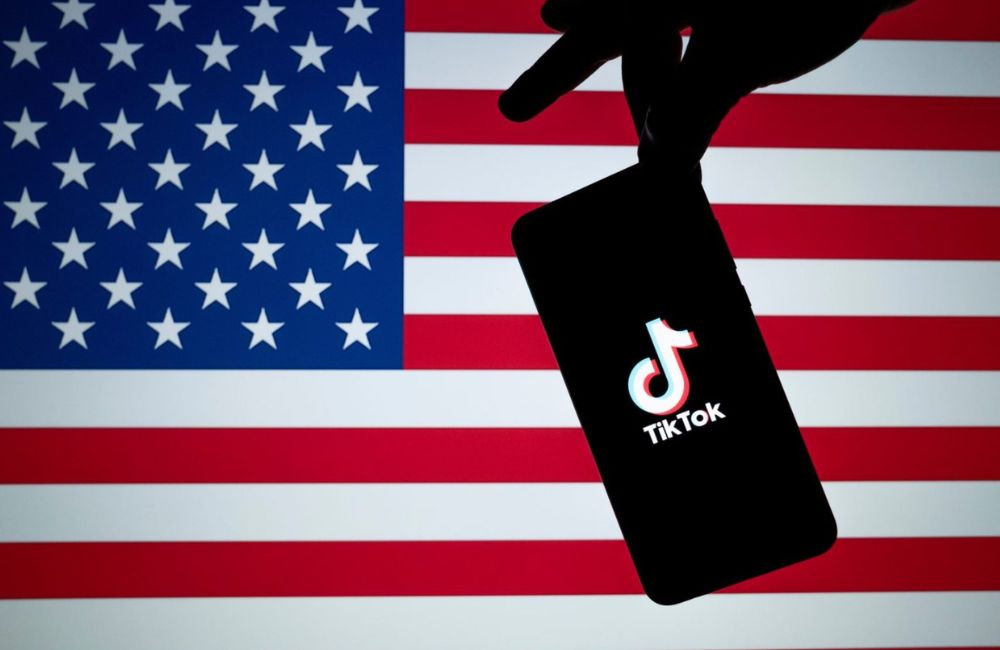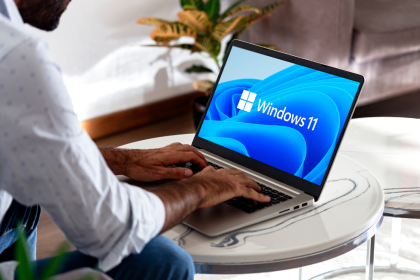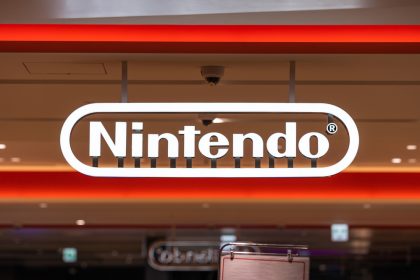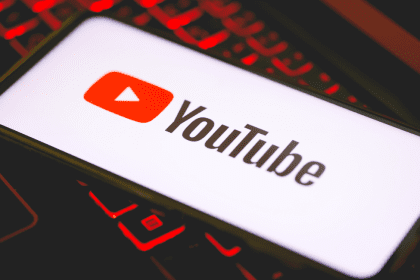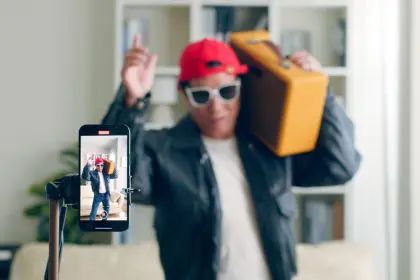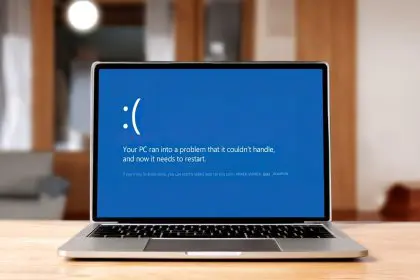Donald Trump has asked the Supreme Court to block a ban on TikTok in the US.
The President-elect wants to give the Chinese-owned video-sharing platform’s parent company ByteDance “the opportunity to pursue a political resolution of the questions at issue in the case.” This development comes as TikTok’s user base in the United States has grown to over 170 million active users.
As it stands, TikTok could be banned in the US from January 19 if it does not find a non-Chinese buyer, but has no plans to sell the company. The platform’s global market value is estimated at over $200 billion, making it one of the most valuable private companies worldwide.
The Supreme Court will hear further arguments on January 10. The case has drawn significant attention from tech industry experts and constitutional law scholars, who see it as a landmark decision for digital rights and national security.
Ahead of the hearing on Friday (10.01.25), Trump’s attorney D. John Sauer said his client would like the proposed ban, which was signed off by President Joe Biden, to be paused so his administration can work something out with ByteDance. This reflects a growing trend of diplomatic approaches to technology regulation between the US and China.
Trump is due to be inaugurated on January 20, one day after the ban would come into place. The timing has created additional pressure for all parties involved, as it could potentially create a complex transition of policy implementation.
The former ‘Apprentice’ star’s opinion of TikTok has softened in recent times, having previously issued an executive order banning the platform in 2020 due to national security concerns, amid his first stint in office, however, this was resolved. During that period, TikTok faced similar challenges but managed to continue operations through legal challenges.
The US government is worried that the app could share data with the Chinese government that could sway public opinion and spy on the US. Cybersecurity experts have identified potential vulnerabilities in data handling practices, though no concrete evidence of misuse has been publicly presented.
TikTok has said a ban would violate the First Amendment and its users’ rights to free speech. The platform has invested over $1.5 billion in Project Texas, a data security initiative designed to address US government concerns.
The case highlights the ongoing tension between national security interests and digital rights in the modern era. Similar conflicts have emerged in other countries, with India having banned TikTok in 2020 over similar security concerns.
The economic impact of a potential ban could be substantial, affecting not only ByteDance but also the growing ecosystem of content creators and businesses that rely on the platform. Industry analysts estimate that TikTok contributes over $24 billion annually to the US economy through advertising and creator partnerships.
Digital rights advocates have raised concerns about the precedent such a ban might set for future regulation of social media platforms. The outcome of this case could influence how governments worldwide approach similar issues of data sovereignty and national security.
The platform has become increasingly important in American political discourse, with politicians and campaigns utilizing it to reach younger voters. Studies show that TikTok has become a primary source of news and information for nearly 40% of users under 25.
Legal experts suggest that the Supreme Court’s decision could have far-reaching implications for international technology companies operating in the United States. The ruling might establish new parameters for how foreign-owned tech companies can operate within US borders while addressing national security concerns.
As the January 10 hearing approaches, both supporters and critics of the ban are closely monitoring developments. The case represents a critical juncture in the ongoing debate over digital sovereignty, national security, and the future of global social media platforms in an increasingly interconnected world.

